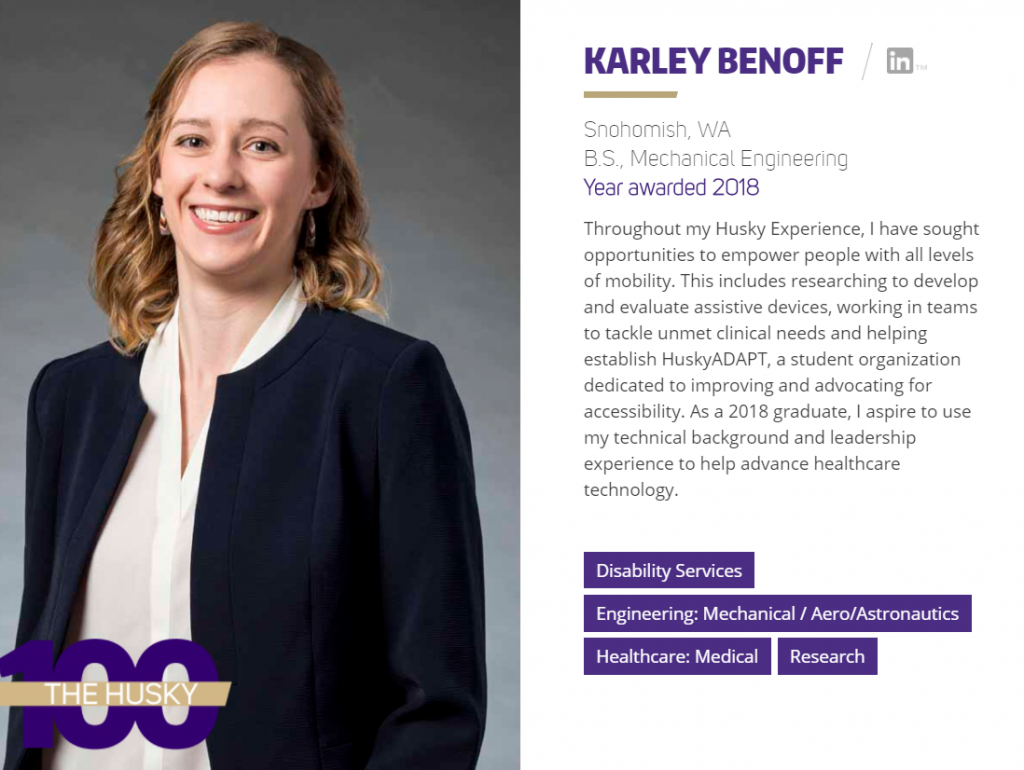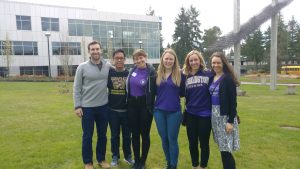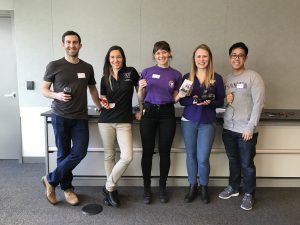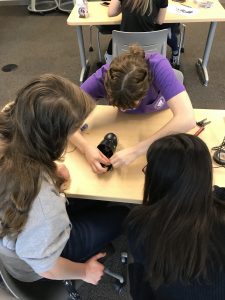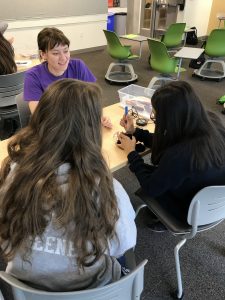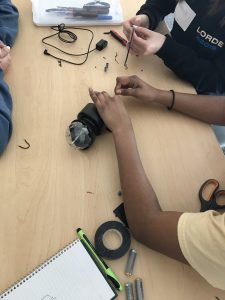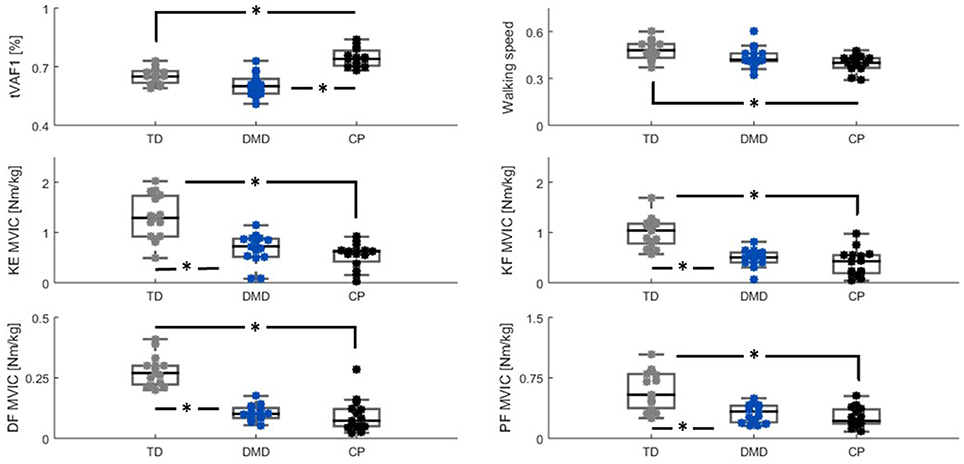Journal article in Sensors:
In collaboration with University of Texas – Austin, we evaluated a new flexible, gold-based epidermal electrode for sensing muscle activity.
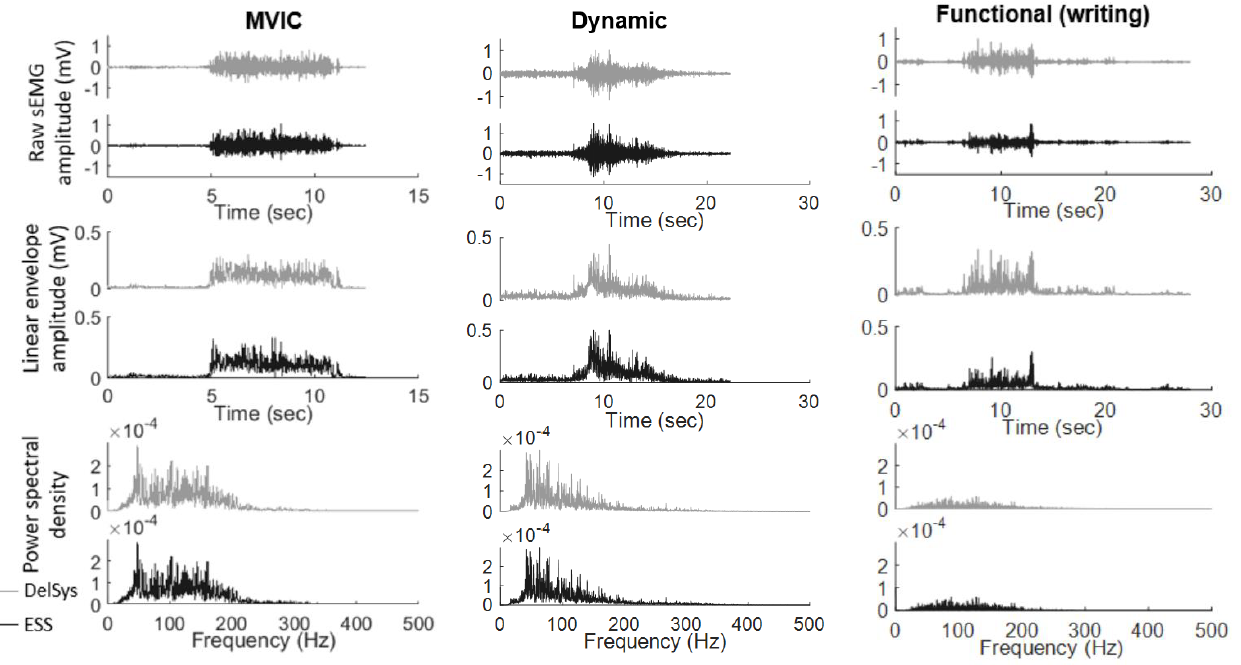 Background: Commercially available electrodes can only provide quality surface electromyography (sEMG) measurements for a limited duration due to user discomfort and signal degradation, but in many applications, collecting sEMG data for a full day or longer is desirable to enhance clinical care. Few studies for long-term sEMG have assessed signal quality of electrodes using clinically relevant tests. The goal of this research was to evaluate flexible, gold-based epidermal sensor system (ESS) electrodes for long-term sEMG recordings.
Background: Commercially available electrodes can only provide quality surface electromyography (sEMG) measurements for a limited duration due to user discomfort and signal degradation, but in many applications, collecting sEMG data for a full day or longer is desirable to enhance clinical care. Few studies for long-term sEMG have assessed signal quality of electrodes using clinically relevant tests. The goal of this research was to evaluate flexible, gold-based epidermal sensor system (ESS) electrodes for long-term sEMG recordings.
Methods: We collected sEMG and impedance data from eight subjects from ESS and standard clinical electrodes on upper extremity muscles during maximum voluntary isometric contraction tests, dynamic range of motion tests, the Jebsen Taylor Hand Function Test, and the Box & Block Test. Four additional subjects were recruited to test the stability of ESS signals over four days.
Results: Signals from the ESS and traditional electrodes were strongly correlated across tasks. Measures of signal quality, such as signal-to-noise ratio and signal-to-motion ratio, were also similar for both electrodes.
Conclusions: Over the four-day trial, no significant decrease in signal quality was observed in the ESS electrodes, suggesting that thin, flexible electrodes may provide a robust tool that does not inhibit movement or irritate the skin for long-term measurements of muscle activity in rehabilitation and other applications.

